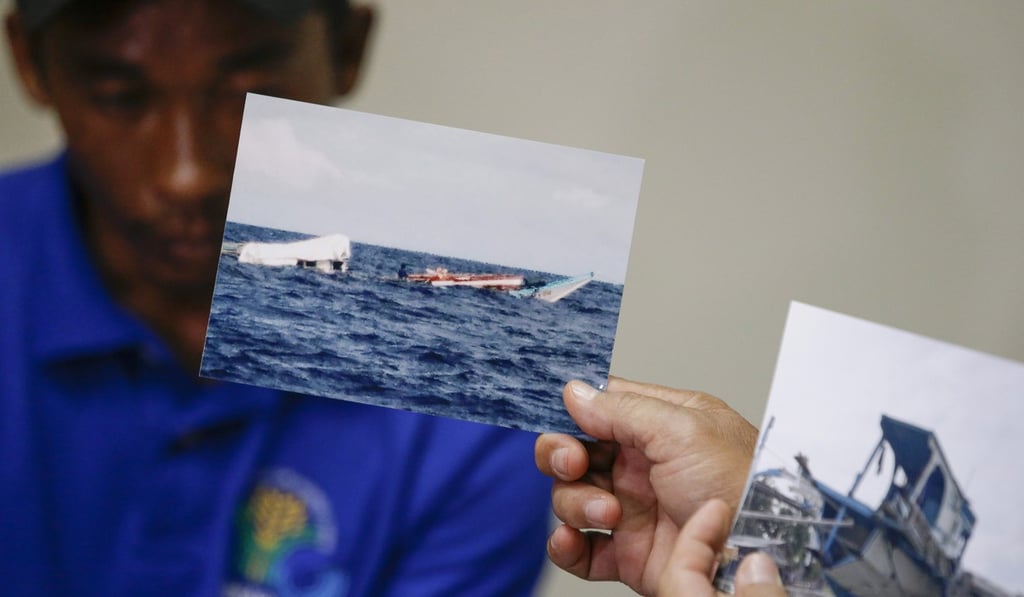Advertisement
Exclusive | Philippines’ sinking row: former president Benigno Aquino says Chinese vessel abandoned stranded fishermen
- A week after the sinking, President Rodrigo Duterte characterised it as an isolated incident, saying it was ‘just a collision, don’t make it worse’
- A US think tank claims there were 10 ramming incidents involving Chinese vessels recorded between 2014 and 2016
Reading Time:3 minutes
Why you can trust SCMP

Former Philippine president Benigno Aquino has spoken out over the sinking of one of his country’s fishing boats by a Chinese vessel this month in the disputed South China Sea.
The captain of the Chinese vessel was “duty bound legally and morally” to stop and offer assistance, Aquino told This Week In Asia, adding that “the very least” the Chinese sailors could have done was stop and check if the other boat’s occupants were OK.

Advertisement
Manila lodged a diplomatic protest with China after the Filipino fishing boat was hit on June 9 near Reed Bank, also known as Recto Bank, leaving 22 Philippine fishermen stranded at sea.
The fishermen were only rescued thanks to a passing Vietnamese boat, after the Chinese vessel had fled the area.
Advertisement
Beijing has vowed to investigate the incident, but Aquino dismissed calls for the Philippines to enter into a joint investigation with China as the two countries do not have “joint sovereignty” over the area of sea in question.
Advertisement
Select Voice
Choose your listening speed
Get through articles 2x faster
1.25x
250 WPM
Slow
Average
Fast
1.25x